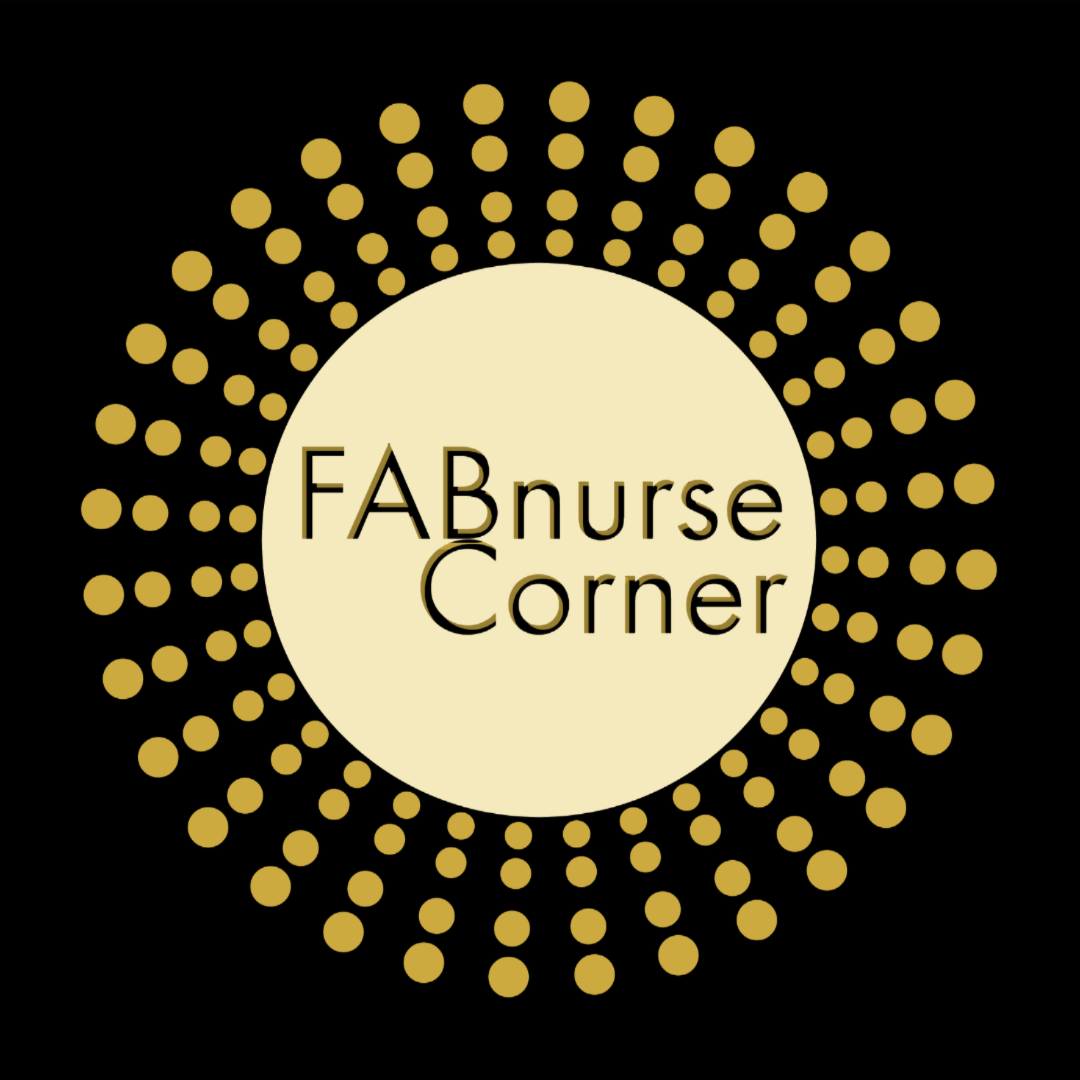Protocols and Nursing
Health organizations, and agencies create protocols to promote consistency, accountability, and high quality care. Protocols are tailored to the different clinical areas and may delineate skills, assessment, treatments and channels of communication. They are integrated into organizations to assist healthcare providers in rendering evidenced-based patient care, and also to enhance favorable patients’ outcomes.
Nurses are educated in the nursing process, which entails methodical steps to provide patient care and includes: assessment, diagnosis, planning, implementation, and evaluation. Nurses are trained to recognize patients’ symptoms, and to administer treatments within their scope of practice. To effectively employ protocols, nurses must acquire and apply critical thinking skills. Nurses are challenged daily with various situations, requiring rapid appropriate assessments and, initiating appropriate treatments. Critical thinking skills are essential, especially with today’s complex healthcare system. Some nurses may acquire critical thinking skills faster than others, however with practice, comes growth. Critical thinking skills can also be gained through self- learning, and utilizing available resources and peers. Nurses remain an integral part of patient care, and are entrusted with the task of making the best decisions for their patients. Protocols are imperative in the healthcare system, however has led to “protocol driven nursing”. Nevertheless, protocols should not negate the responsibility of one using his or her best judgement.
Nurses have professional responsibilities to adhere to organizational protocols, however they should continue to: thoroughly assess patients, communicate to appropriate personnel, and proficiently administer treatments. Protocols should be used to guide nursing actions, and not solely to dictate how care is provided. It is critical that nurses continue to use: their best judgement, nursing intuition, and critical thinking skills to provide high quality care which will result in the best patient outcome.
Stay FAB: Fearless, Affectionate, and Bold

